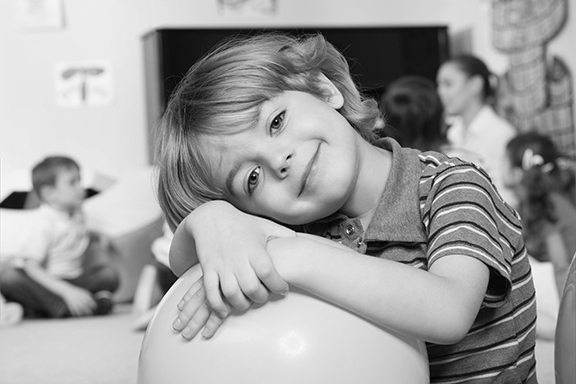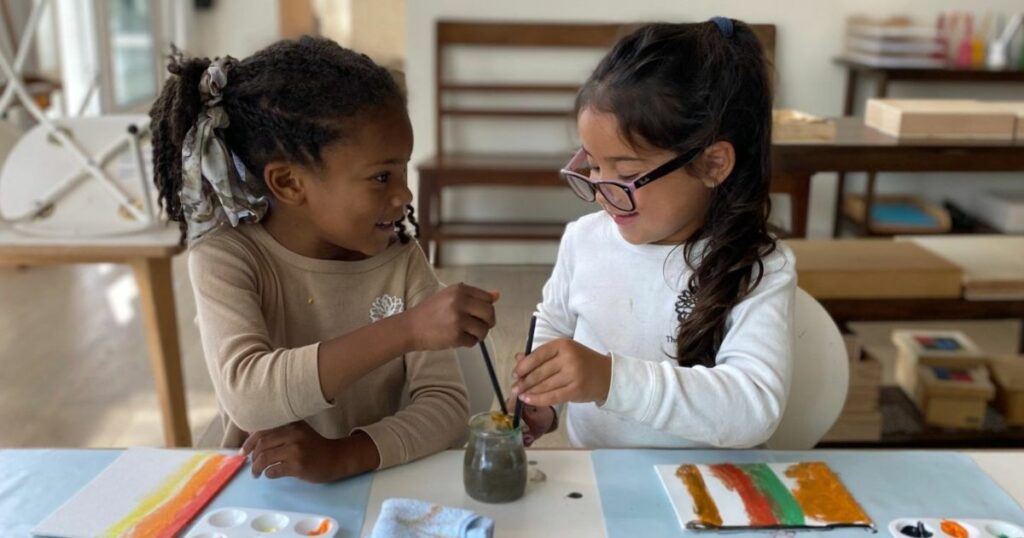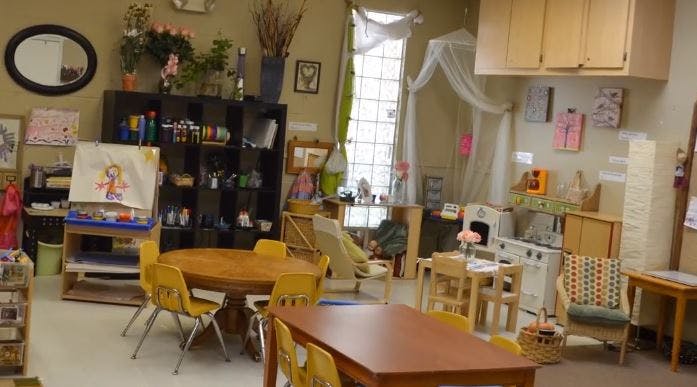Understanding the Montessori Method
The Montessori Method is a revolutionary approach to education that was developed by Dr. Maria Montessori in the early 20th century. Recognized for its child-centered approach, this system encourages children to initiate their own learning in a supportive, meticulously prepared environment. It nurtures a child’s innate curiosity and their thirst for knowledge, fostering an enduring love for learning.
The Architecture of a Montessori Environment
A Montessori classroom is no ordinary educational space. It’s a meticulously crafted environment designed to stimulate learning and exploration. Every element, from the child-sized furniture to the materials on the shelves, is carefully chosen to support self-directed learning. The space is arranged to inspire curiosity and promote interaction, with materials and activities catering to various stages of development.
Montessori Curriculum: Constructing a Lifelong Love for Learning
The Montessori curriculum is designed to spark curiosity and cultivate a lifelong love for learning. This approach seamlessly blends traditional academic subjects with practical life skills, arts, and culture. In a Montessori setting, children aren’t merely taught facts—they’re guided to discover, understand, and apply knowledge in a meaningful way.
The Role of Montessori Materials
A distinctive feature of the Montessori Method is the use of specific, purposeful materials. Montessori materials are meticulously designed to capture children’s attention and foster independent learning. They are self-corrective, allowing children to spot and rectify their mistakes, cultivating a mindset of continual improvement and resilience.
Guided Freedom and Independence
In a Montessori environment, children are given the freedom to choose their activities and work at their own pace. This guided freedom boosts their confidence, encourages decision-making, and promotes responsibility. It also provides ample opportunities for children to develop problem-solving skills, an essential aspect of lifelong learning.
The Montessori Teacher: A Guide and Observer
Unlike traditional educational settings, the role of a Montessori teacher is not to impart knowledge but to guide and observe. Montessori teachers are skilled observers, carefully watching and noting each child’s progress. They introduce new activities and materials as per each child’s readiness, ensuring learning is relevant and meaningful.
Why Montessori Sets the Stage for Lifelong Learning
The Montessori Method prepares children not just for the academic challenges of school but for life. By fostering independent thinking, problem-solving skills, and a love for learning, it sets the stage for lifelong learning. It nurtures an attitude of inquiry and curiosity, essential qualities that will help children thrive in an ever-changing world.
Preparing Children for the Future
The future belongs to those who are adaptable, innovative, and lifelong learners. By nurturing these qualities from a young age, the Montessori Method prepares children to succeed in the real world. It equips them with the skills and mindset necessary to navigate the challenges of the 21st century.






